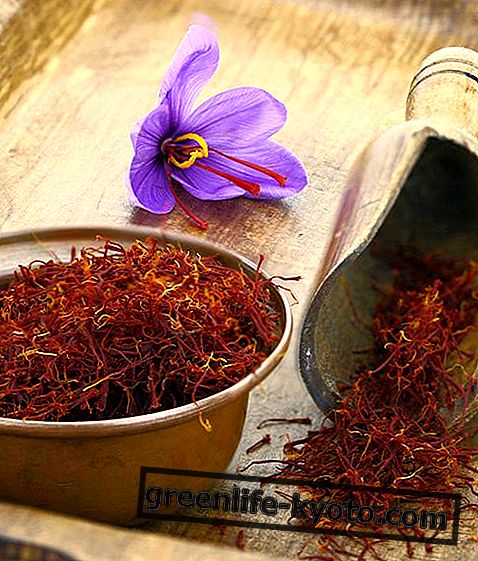
Studying exotic kitchens is not just a matter of learning the recipes and remedying the ingredients.
A kitchen is also made of habits, sometimes very different, if not opposed, between them.
How many meals do you eat per day and how to structure their importance? Cutlery, chopsticks or hands? What and how many spices to use? What, how and when to drink? How to start and finish a meal?
Each culinary culture deals with the theme in its own way, according to its national character, the ingredients available, the climatic needs and a thousand other factors.
From each of them you can learn something, small virtuous behaviors that improve our personal diet .
Exotic habits: eating with your hands
In many areas of the world it is eaten by hand, by choice or by necessity: large parts of southern Asia, part of Oceania, almost all of Africa, part of South America and, up to a few generations ago, even Europe less wealthy was no exception.
Several studies show that eating with your hands, when they are clean, is a good habit . There appear to be receptors on the fingers that can send information to the brain about the characteristics of the food we should take to our mouth: oiliness, temperature, consistency, and other peculiarities, so that the brain induces a pre-production of the right salivary juices.
Eating with your hands also focuses attention on food, so that, less distracted, you eat the correct amount without overdoing it.
Exotic habits: a little spicy
From Mexico to Morocco, from China to Colombia, from Senegal to Egypt, from Vietnam to Ethiopia, many countries have adopted the use of chilli and therefore of hotness, applying it regularly in their traditional cuisine and Mediterranean Europe is no exception.
Without exceeding this custom that can upset the unaccustomed, the use of the chili pepper certainly does the body well: it is an excellent antimicrobial, rubefacient, a good help of the cardiovascular and muscular system .
It is very functional in preserving food and, increasing body temperature, reduces sweating and general fluid loss, which is more than welcome in hot climates.
Hot pepper, liver ally
Exotic habits: hot drinks during meals
One thing we will discover as we travel around China, as well as Saharan Africa and Arabia, is the habit of drinking hot food during meals .
In fact, as pleasant as it may be, drinking fresh drinks during a meal complicates digestion : in addition to diluting gastric juices, there is a clear decrease in gastric temperature that defuses the digestive processes, with consequences such as a prolonged digestive period and an increase in phenomena of fermentation.
Whether it is water, tea or fruit juices, the habit of drinking beverages at the same temperature as ingested food is certainly to be encouraged.
Esotich habits: rich salads
There are kitchens that have made salads one of the cornerstones of their tradition, of vegetables, sprouts, seeds, fruits (dried, fresh or unripe) of legumes and many other elements.
In Thailand, for example, a salad can easily represent an entire meal. This habit, of not considering the salad just a side dish, an appetizer or a decoration to the side of the dish, is certainly to be favored and the substitution of a whole meal with a beautiful complete salad should be seen as a virtuous eating behavior .
Exotic habits: spices at the end of a meal
When in Indian restaurants, at the end of a meal, they bring us spices together with the bill, we should be aware that the waiter takes pleasure in our digestive process.
Nutrition is a chemical issue, no doubt, and we should know that some tastes trigger or conclude the secretion of gastric juices.
The dessert, to give an example, tells the stomach to prepare itself because some food will arrive (that's why the fruit at the beginning of the meal), while spices like anise or fennel reassure the stomach suggesting it to close its doors and not secrete other juices .
Small habits to improve digestion throughout the day.
... of necessity virtue
The foods that are consumed most in times of economic well-being are hardly even those that are better for health. Studying food history we will notice this phenomenon everywhere.
Unfortunately, the need to raise socially and wave one's social condition makes us forget the old healthy local foods in favor of foods considered refined, often expensive and lacking in nutritional value.
This is how the excesses of consumption of meat and refined flour occurred, with the disappearance of healthy local cereals, the knowledge of wild herbs, which maintained health at a level that today we find it hard to preserve and reach with all our gyms and our medicines.













